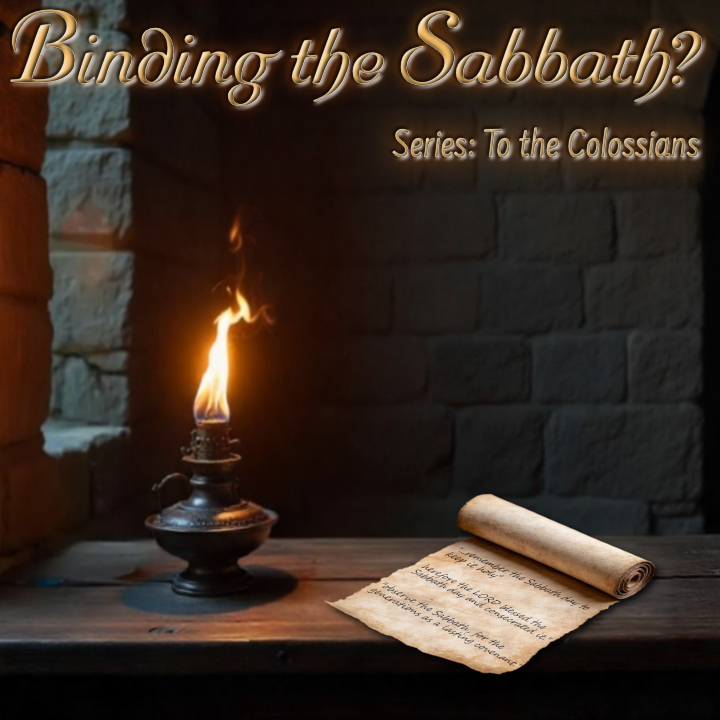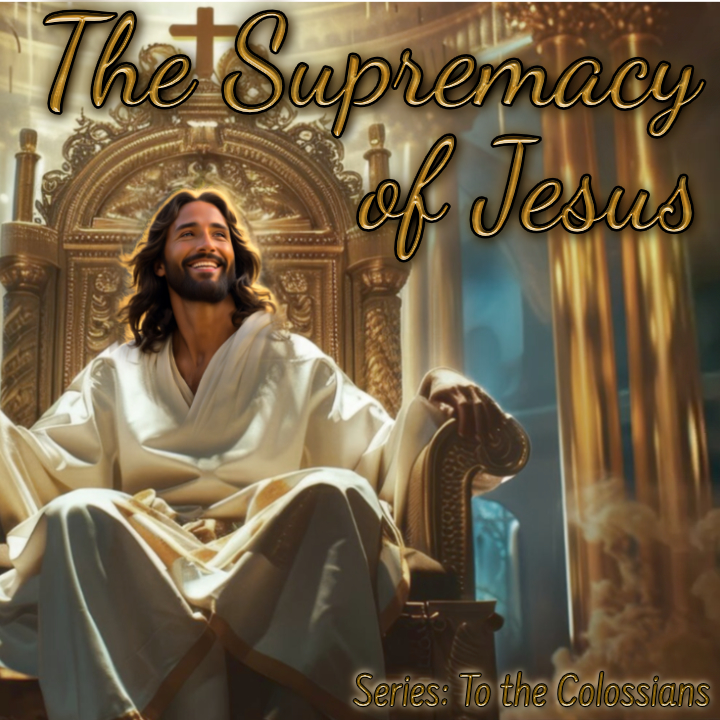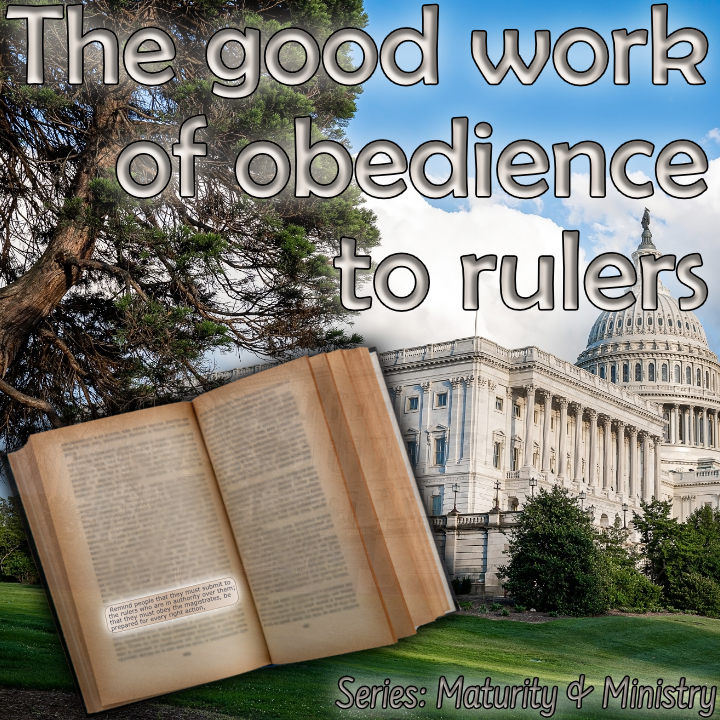As we progress through the letter to the believers in Colossae we run into an often misunderstood statement regarding Sabbaths. Written in the plural as it is, distinguishes it from The Sabbath day all by itself, but rather than rely upon this alone, we dug a little deeper.
Now I covered this topic back a few years ago in a mini-series and also in two (now three) articles on our website. Included in this study is an article and teaching on the subject of binding and loosening. If one does not know about this latter topic, they will be at a severe disadvantage in thoroughly studying out the former regarding The Sabbath.
It is my encouragement that you set aside all prejudices and preconceived ideas and enter into this teaching and those its references with a mind devoted to discovering what it is that God has really said regarding this topic. Remember the encouragement from James that the wisdom that comes from above is first pure, teachable and willing to yield. Those who approach any topic with the idea that they already know – cut themselves off from wisdom and the grace (influence) of God which is never wise.
Continue reading



